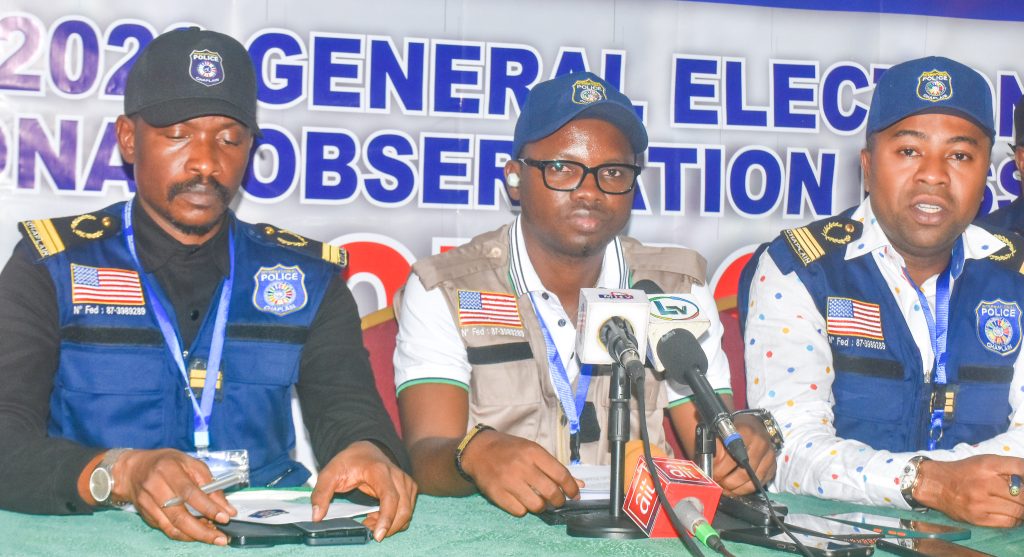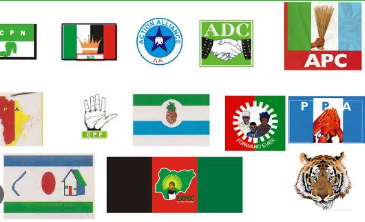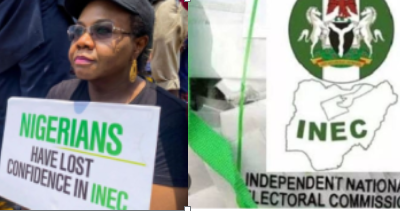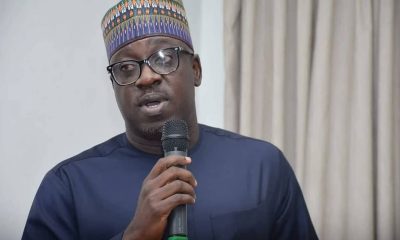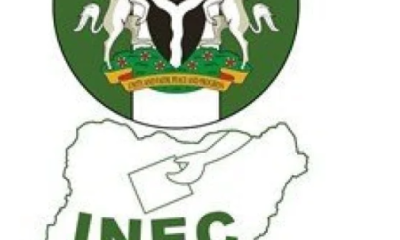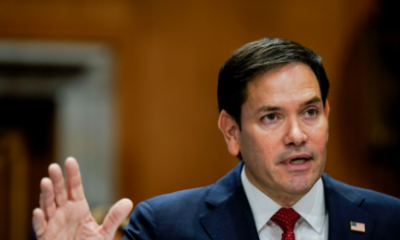Foreign observers, under the aiges of the International Police Chaplain Sustainable Development and Law Enforcement (IPCSL), have urged Nigerians to preserve the peace and stability in the nation.
The Head, IPCSL, Mr Johaness Makouvia, gave the advice on Monday in Lagos, while delivering a preliminary statement of the Election Observation Mission on Gubernatorial and House of Assembly Elections.
Makouvia said that working to preserve peace and stability would ensure consolidated democracy and the rule of law, especially in a challenging socio-political context.
He commended the Independent National Electoral Commission (INEC), domestic and foreign observers, Civil Society Organisations(CSOs), various political parties and Nigerians for making the Governorship and Houses of Assembly elections possible.
According to him, the IPCSL mission found that candidate delegates were able to carry out their duties freely in the polling stations observed, which is a sign of political maturity that contributes to the normal functioning of the polling stations.
”Some acts of violence were recorded in Lagos State. These acts of incivility are by no means to be encouraged and do not show the exemplary character of the citizens who perpetrated these acts.
”Therefore, the IPCSL mission reminds all sons and daughters of the Federal Republic of Nigeria that they remain the main actors in the development of their country and have an imperative to be natives of peace in all the states of their nation.
”Today, and from now on, the spirit of tolerance and living together must be the leitmotiv of every citizen so that these acts are never repeated in Nigeria.
”We recommend that INEC continue to interact with political parties and CSOs in order to strengthen the national social fabric.
”In any case, candidates and political actors are urged to resort to legal channels in case of contestation and to privilege political dialogue in all circumstances to sustain social peace,” he said.
Makouvia said the mission deployed 182 election observers in all the 36 states and in each of the six geo-political zones of the country, who met with stakeholders active in their areas of deployment and observed voting and counting operations.
Source – NAN

 Latest5 days ago
Latest5 days ago
 Trends6 days ago
Trends6 days ago
 Football1 week ago
Football1 week ago
 Football1 week ago
Football1 week ago
 Health1 week ago
Health1 week ago
 Business1 week ago
Business1 week ago
 Football1 week ago
Football1 week ago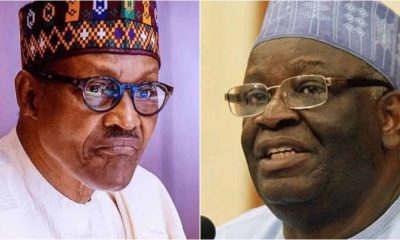
 Latest1 week ago
Latest1 week ago
